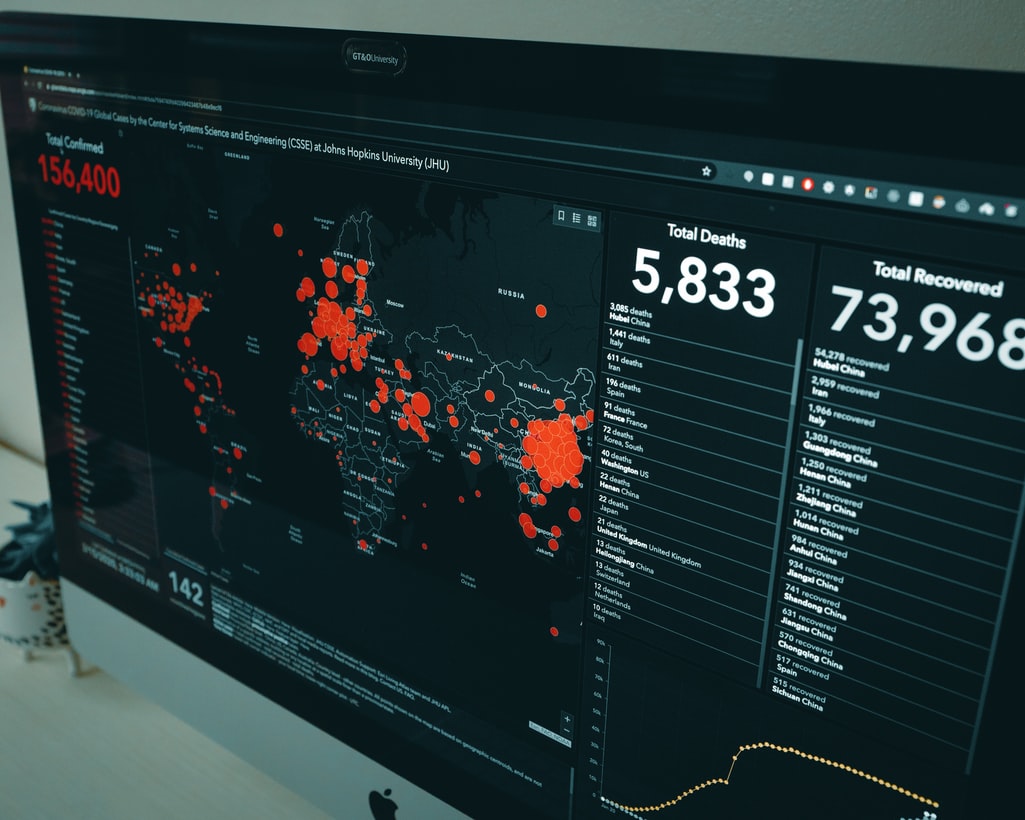Geneva — The World Health Organization announced on Sunday (Nov 28) that it is still unclear if the new Covid-19 variant of concern Omicron is more transmissible or causes more severe disease than other variants like Delta.
“Researchers in South Africa and around the world are conducting studies to better understand many aspects of Omicron and will continue to share the findings of these studies as they become available,” said WHO.
Regarding transmissibility, the number of people testing positive for the Omicron variant has risen in areas of South Africa, but epidemiologic studies are underway to understand if it is because of Omicron or other factors.
Furthermore, WHO said it is not yet clear whether infection with Omicron causes more severe disease.
“Preliminary data suggests that there are increasing rates of hospitalization in South Africa, but this may be due to increasing overall numbers of people becoming infected, rather than a result of specific infection with Omicron,” said WHO.
To date, no information suggests symptoms associated with Omicron are different from other variants.
Initial reported infections were among university students—younger individuals who tend to have more mild disease, WHO noted.
However, understanding the level of severity of the Omicron variant will take days to several weeks.
Effectiveness of previous Covid-19 infection and vaccines
According to preliminary evidence, there may be an increased risk of reinfection with Omicron on those who were previously infected with Covid-19 compared to other variants of concern.
WHO also said it was working with technical partners to understand the potential impact of the variant on existing countermeasures such as vaccines.
“Vaccines remain critical to reducing severe disease and death, including against the dominant circulating variant, Delta. Current vaccines remain effective against severe disease and death.”
“At the present time, WHO is coordinating with a large number of researchers around the world to better understand Omicron. Studies currently underway or underway shortly include assessments of transmissibility, severity of infection (including symptoms), performance of vaccines and diagnostic tests, and effectiveness of treatments,” said WHO.
Border control measures imposed worldwide
On Friday (Nov 26), WHO tagged Omicron as a variant of concern, indicating a higher risk of transmission than previous variants after it was first detected in South Africa.
Since the start of November, it was reported that the number of daily Covid-19 cases in South Africa had increased tenfold, making it the hardest-hit country in the continent.
Two cases each of the Omicron variant were detected in Britain and Australia on Saturday (Nov 27), sparking fears of a new Covid-19 threat.
As a result, countries such as England, Australia, and Singapore have banned travellers from South Africa, among other African nations such as Botswana, Eswatini, Lesotho, Namibia, Malawi, Mozambique, Zambia, Angola, and Zimbabwe.
WHO advised the public to keep a physical distance of at least one metre away from others, wear a mask and practice proper hand hygiene as the most effective steps to reduce the spread of the virus. /TISG
Read related: COVID-19 | Omicron: Two cases of new variant confirmed in Britain, mask-wearing mandatory again
COVID-19 | Omicron: Two cases of new variant confirmed in Britain, mask-wearing mandatory again

